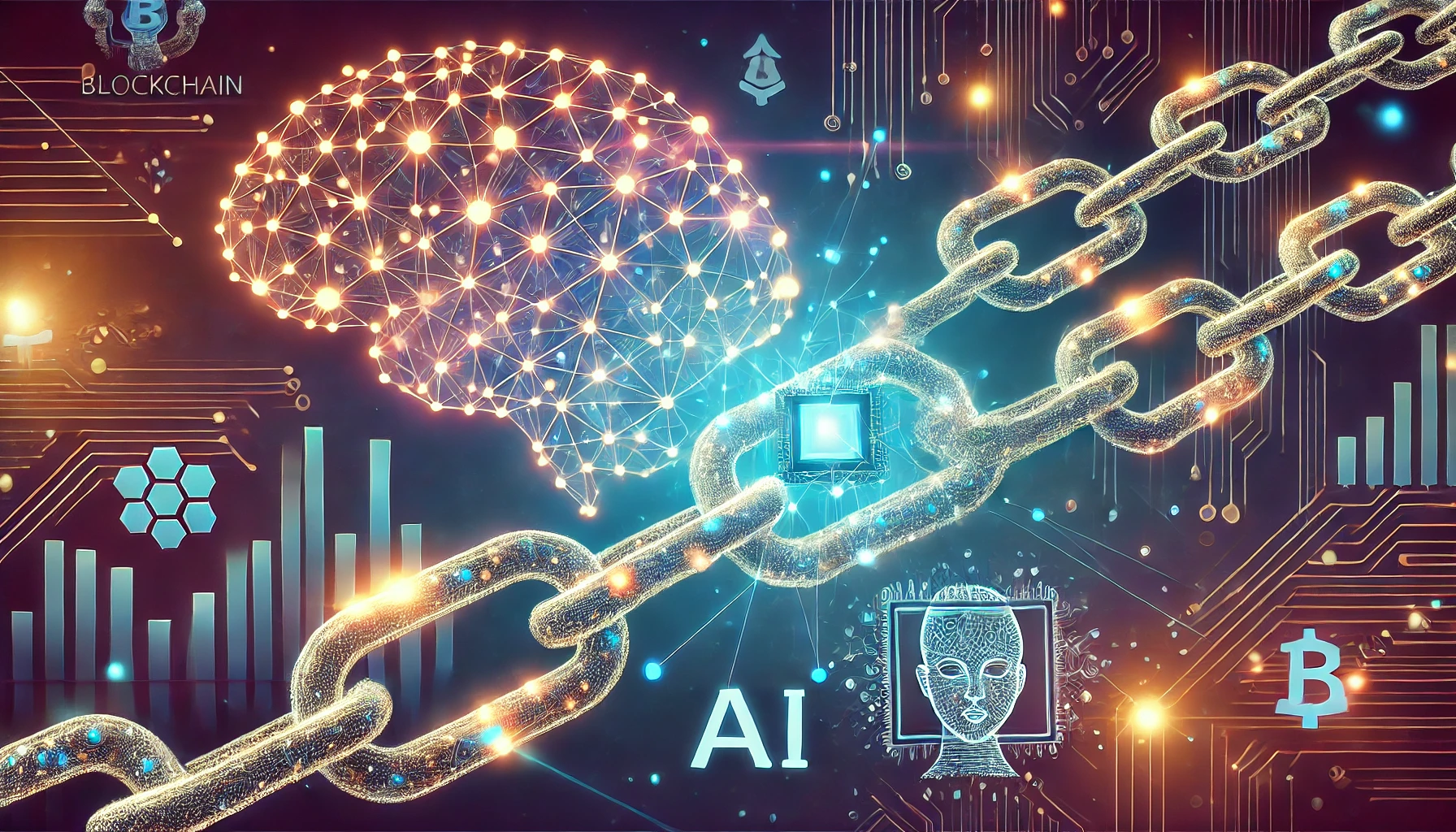The convergence of blockchain and artificial intelligence (AI) is revolutionizing the way data is managed, processed, and secured. These two transformative technologies, each with its unique strengths, offer immense potential when combined. By leveraging blockchain’s decentralized architecture and AI’s advanced data processing capabilities, industries can achieve greater transparency, security, and efficiency.
Enhancing Data Security
Blockchain’s decentralized nature ensures that data is stored in a distributed ledger, making it highly resistant to tampering or unauthorized access. When paired with AI, this framework becomes even more robust. AI can monitor blockchain networks for unusual activity, detecting and mitigating potential security threats in real time.
For instance, in the financial sector, AI algorithms can analyze blockchain transaction patterns to identify fraudulent activities, while blockchain ensures the integrity of the data being analyzed. This synergy creates a secure environment where sensitive information is better protected.
Driving Transparency
Transparency is a hallmark of blockchain technology, as all transactions are recorded on a public or private ledger that can be audited. When AI is integrated, the technology can analyze and interpret these vast amounts of data, making it more accessible and understandable for stakeholders.
In supply chain management, for example, blockchain can track the movement of goods, while AI analyzes the data to optimize logistics, reduce costs, and ensure ethical sourcing. This combination not only enhances operational efficiency but also builds trust among consumers and partners.
Boosting Efficiency
AI excels at automating processes and making data-driven predictions, while blockchain provides a secure and transparent infrastructure for data storage and sharing. Together, they can streamline operations across various industries.
In healthcare, for example, patient records stored on a blockchain can be accessed securely by authorized personnel, while AI analyzes the data to provide personalized treatment recommendations. This integration reduces administrative overhead and improves patient outcomes.
Real-World Applications
The synergy between blockchain and AI is already being explored in several sectors:
- Finance: Combining AI’s predictive analytics with blockchain’s secure transaction framework to improve fraud detection and investment strategies.
- Healthcare: Leveraging blockchain for secure patient data storage and AI for diagnostics and treatment planning.
- Supply Chain: Using blockchain for transparency and AI for demand forecasting and logistics optimization.
- Energy: Implementing blockchain for peer-to-peer energy trading and AI for optimizing energy consumption and distribution.
Challenges and Considerations
While the potential benefits are significant, integrating blockchain and AI is not without challenges. These include:
- Scalability: Both technologies require significant computational resources, which can limit their scalability.
- Interoperability: Ensuring seamless communication between AI systems and blockchain networks is critical.
- Data Privacy: Balancing transparency with the need to protect sensitive information remains a challenge.
The Future of Blockchain and AI
As these technologies continue to evolve, their combined applications are expected to grow exponentially. From creating smarter cities to enhancing global trade, the partnership between blockchain and AI has the potential to address some of the world’s most pressing challenges. For organizations looking to innovate, now is the time to explore how these technologies can be integrated to drive transformative change.
The collaboration between blockchain and AI represents a new frontier in technological innovation, offering solutions that are secure, transparent, and highly efficient. By harnessing their unique capabilities, industries can unlock new opportunities and redefine the way they operate.



